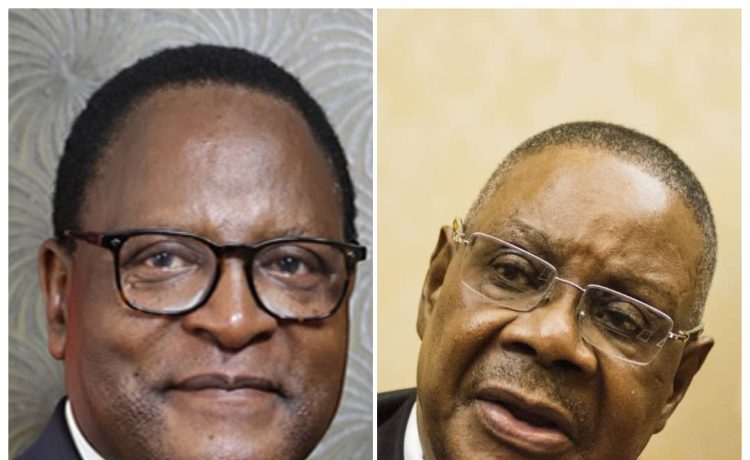In the face of humanitarian crises, the true mettle of leadership is tested, exposing the character and capabilities of those at the helm. Former President Peter Mutharika, whose administration saw a tumultuous period in Malawi’s recent history, has resurfaced to criticize the current government led by President Lazarus Chakwera regarding its response to a severe hunger crisis. Ironically, Mutharika’s accusations lack both credibility and moral standing, as they expose his own failings and hypocrisy during his time in office.
Mutharika’s criticisms come at a time when millions of Malawians are facing acute food shortages caused by floods and adverse weather conditions affecting the 2024 maize harvest. Yet, it is shocking to see the same leader who once suggested that starving citizens resort to eating mice and grasshoppers now portraying himself as a watchdog for the poor. This memory is indelibly etched in our national consciousness—a moment reflective of Mutharika’s disconnection from the lives of everyday Malawians during his administration, a crisis that sparked international ridicule and horror.
To grasp the depths of Mutharika’s hypocrisy, one must recall the facts of his presidency. When faced with the hunger crisis in 2016, his narrative was rife with excuses—most notably, that his government was “broke.” This admission, which was not just a defensive measure but a reflection of the rampant corruption and mismanagement that plagued his administration, stands in stark contrast to the current government’s approach. Mutharika’s era was characterized by a failure to implement comprehensive strategies for food security, compounded by a burgeoning culture of impunity and graft that crippled the public sector.
In a mature democracy, leaders are expected to own up to their mistakes and failures. Mutharika’s attempts to rewrite history, fabricating a narrative that his government managed the economy effectively while simultaneously claiming financial instability, insult the intelligence of the very citizens he claims to speak for. This is nothing short of shameless; it disregards the suffering experienced by countless Malawians who struggled under his leadership, grappling with chronic food shortages, endless blackout, and crippled health facilities among others, all stemming from ill-conceived policies and theft from government coffers.
In contrast, President Chakwera’s actions have demonstrated a commitment to genuine leadership. In the wake of the current crisis emanating from cyclones and dry spells during the 2023/2024 farming season, his government has mobilized emergency efforts, delivering food assistance to hungry families through effective channels such as the Department of Disaster Management Affairs (DODMA). He has actively sought support from international partners, such as the World Food Programme (WFP), in what has become a concerted effort to alleviate the suffering of his people.
Chakwera’s administration has not only focused on emergency relief but has also laid the groundwork for long-term improvements in agricultural sustainability. Through initiatives like the National Economic Empowerment Fund (NEEF), which provides micro-irrigation loans to support irrigation farming, the government is making strides toward self-sufficiency in food production. This is an ambitious and necessary pivot, especially given that a significant portion of our population relies on agriculture for their livelihoods. Unlike Mutharika, who primarily offered excuses and avoided responsibility, Chakwera embraces innovative solutions aimed at securing the nation’s food production.
The difference between these leaders and their respective philosophies on governance is striking. Where Mutharika perpetuates a narrative of despair and incapacity, Chakwera is implementing strategies to expose the potential of Malawi’s agricultural sector—to transform it from a struggle into an opportunity. Under his leadership, we are witnessing the establishment of agricultural cooperatives and mega farms, which not only aim to address immediate hunger but set the stage for future exports and economic growth.
Mutharika’s barefaced hypocrisy, wherein he attempts to criticize a government that is tackling the persistent issues he neglected, is both disingenuous and insulting. Malawians, who remember the hardships endured during his rule, have not forgotten the lessons of past failures. We deserve leaders who acknowledge their mistakes and strive to improve the lives of their citizens, rather than those who go out of their way to rewrite history in their favor.
Leadership is not just about rhetoric; it is about action. Chakwera’s strides toward addressing this crisis stand in stark contrast to Mutharika’s legacy of neglect. Mutharika lies and ambitious empty talk must be rejected as his legacy should remain in the past and support a vision that places the welfare of the people at the forefront of governance—a vision that we are beginning to see under President Chakwera.













